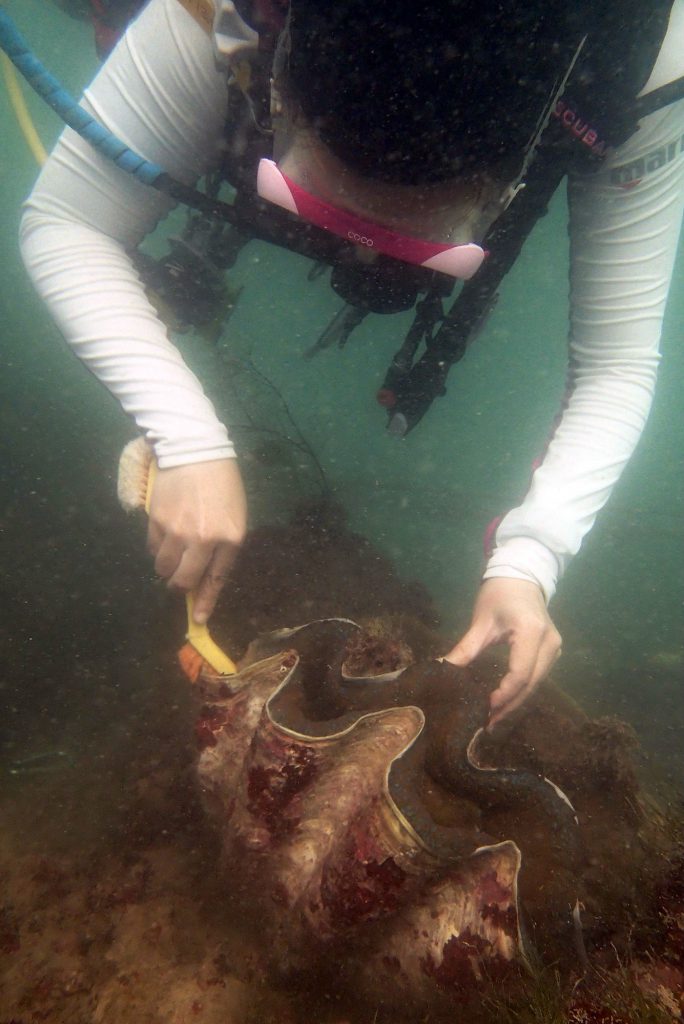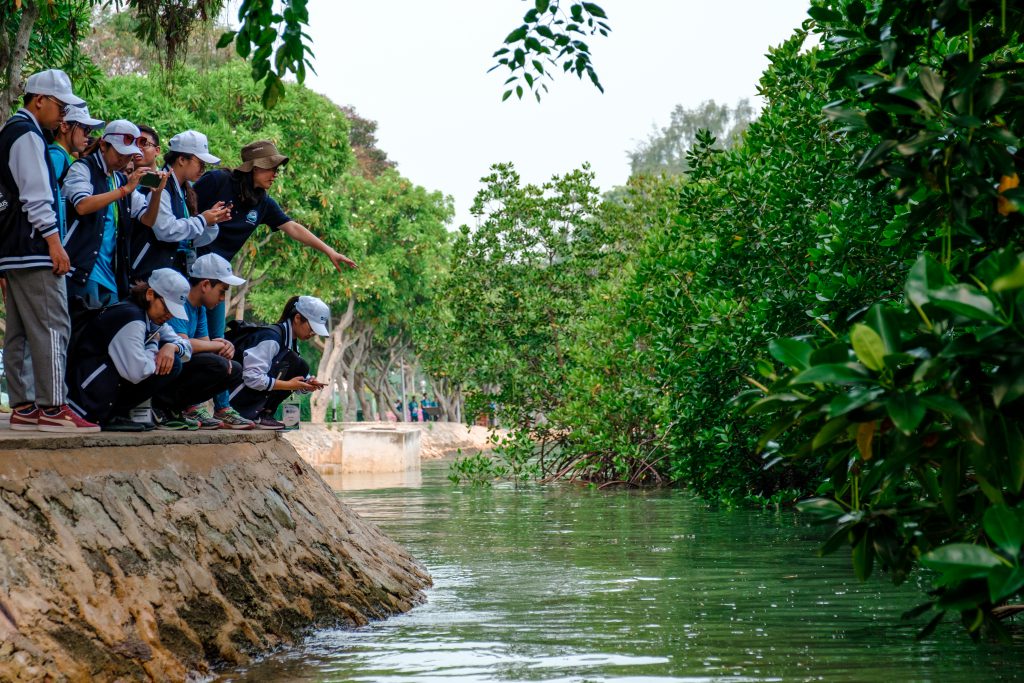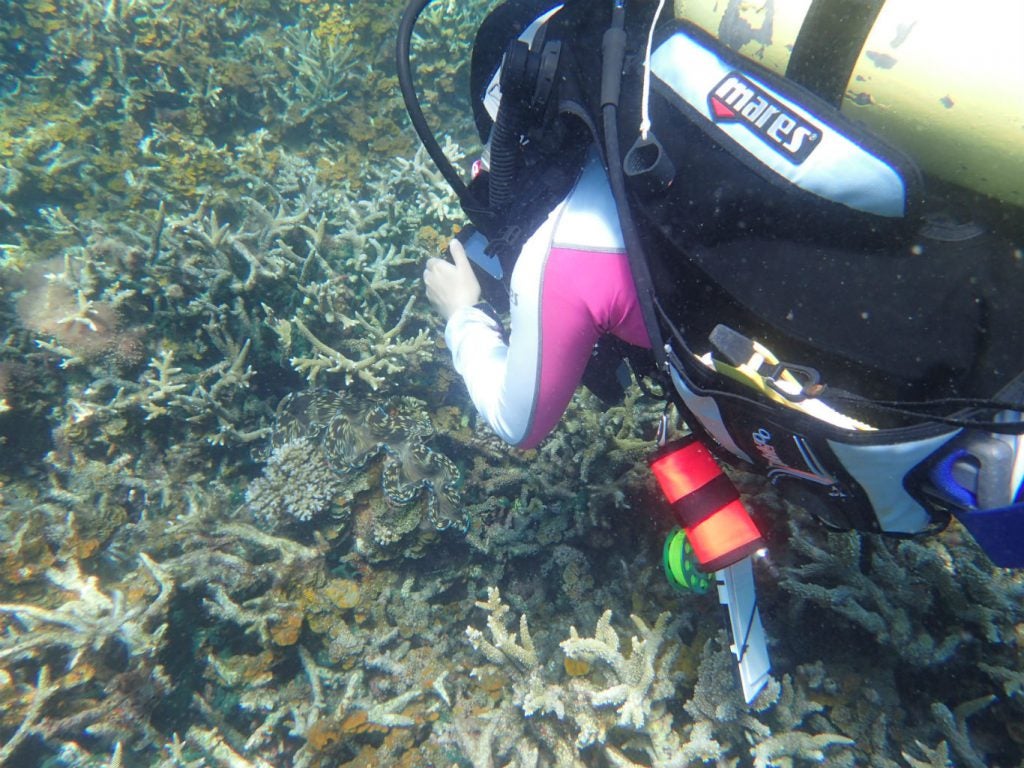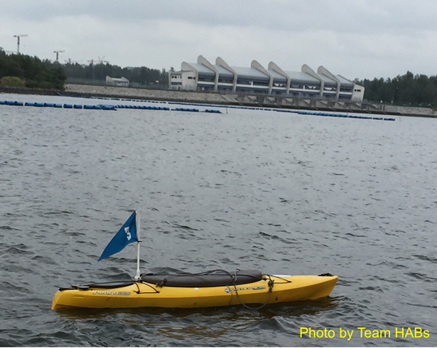[Seminar] A Mouse is a Worm
Borneo Marine Research Institute (BMRI) is one of three research institutes in Universiti Malaysia Sabah (UMS). It is strategically located along the shoreline of Sepangar Bay, Kota Kinabalu, providing easy access to the sea and surrounding habitats. The institute conduct marine and aquaculture research and offer postgraduate degree programmes. Undergraduate teaching of two programmes, marine science and aquaculture is conducted on behalf of Faculty of Science and Natural Resource. Facilities in the institute includes fish and invertebrate hatcheries, marine aquarium and museum, as well as boathouse and jetty.
[Seminar] A Mouse is a Worm Read More »









